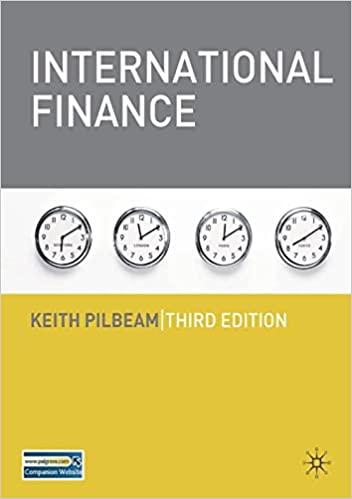Question
In the patent context, utility refers to the newness of the patent idea in its existence, use, or sale. True or False Info: an innovation
In the patent context, utility refers to the newness of the patent idea in its existence, use, or sale.
True or False
Info: an innovation must have utility. The PTO has specific guidelines for determining if something is useful, but the general rule is that if a person of ordinary skill would accept the invention as capable of fulfilling the functions of the claimed use, then an invention is useful; a patent will not be given for an invention that is theoretically possible but remains unrealized, like a perpetual motion machine. An example of an invention that has utility is a cardboard sleeve that is placed over the outside of a coffee cup so that the cup will not be too hot to hold.
Melanie, an executive at Dandercorp, buys 100 shares of stock in the company for $12 each on March 15. She learns of a competitors superior product release in August and tries to sell her 100 shares of stock for $10 each on August 15. Which of the following is true?
|
info: a violation of Section 16(b) does not depend on proof that the insiders actually acted on inside information in profiting from a short-term trade. For example, Beverly is the vice president of a corporation and a statutory insider who does not have inside information. On September 1, she purchases 1,500 shares of her employers stock at $10 per share. On January 1, she sells the stock for $13 per share, which gives her a total profit of $4,500. Beverly's corporation can recover the $4,500 profit because the trades happened within six months of each other.
Which of the following is true?
|
Step by Step Solution
There are 3 Steps involved in it
Step: 1

Get Instant Access to Expert-Tailored Solutions
See step-by-step solutions with expert insights and AI powered tools for academic success
Step: 2

Step: 3

Ace Your Homework with AI
Get the answers you need in no time with our AI-driven, step-by-step assistance
Get Started


